Worried about being the odd one out? You’re not alone
A new picture book series featuring an unusually tall toucan and a quirky cockatoo is helping kids celebrate their differences
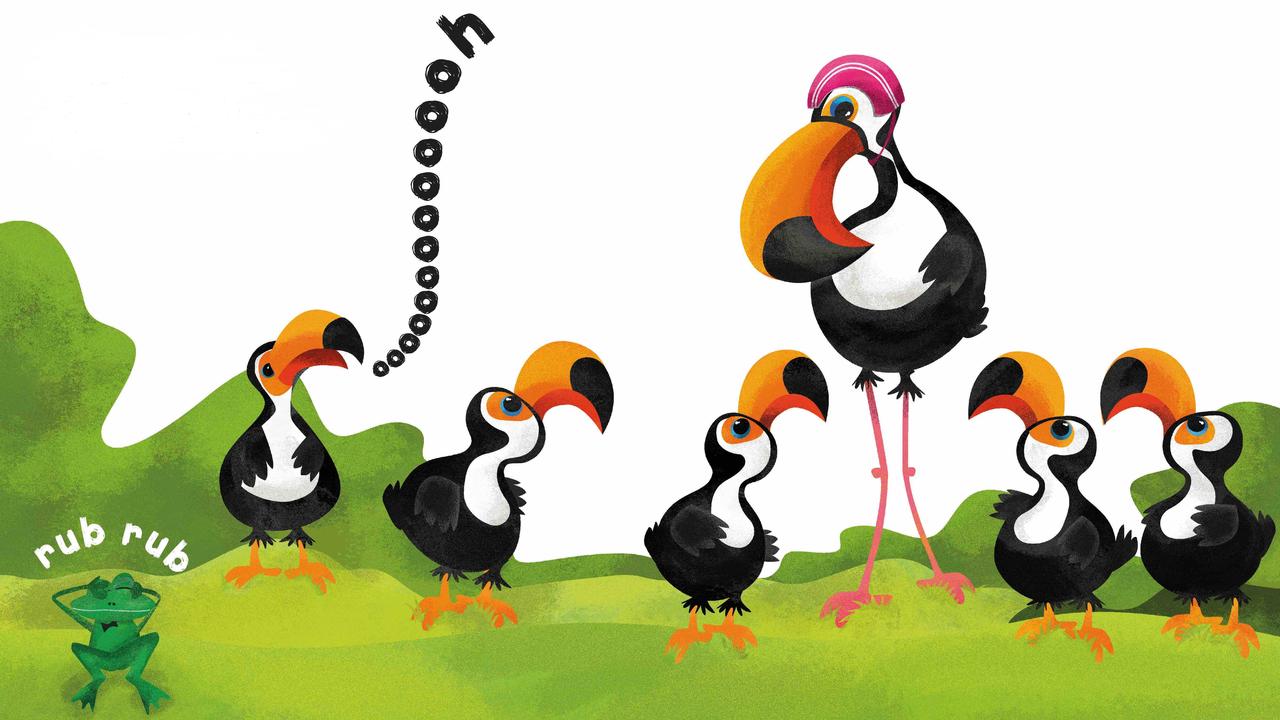
READING LEVEL: GREEN
An unusually tall toucan and a quirky cockatoo are flying onto bookshelves in a mission to teach children that it’s OK to be different.
As children get used to donning* their school uniform again after the summer break, some might feel that dressing the same as everyone else isn’t enough to fit in with the crowd. Feeling different – whether it’s because of your appearance, cultural background, abilities or interests – can be a source of great embarrassment.
This can be particularly so during the early weeks of first term, according to Dr Kimberley O’Brien, principal child psychologist* at Quirky Kid clinic.
“It can be a daunting* time that brings up social anxieties*,” Dr O’Brien said.
“They might have had a growth spurt or come out with acne – when starting high school, children can be particularly attuned* to their differences.”
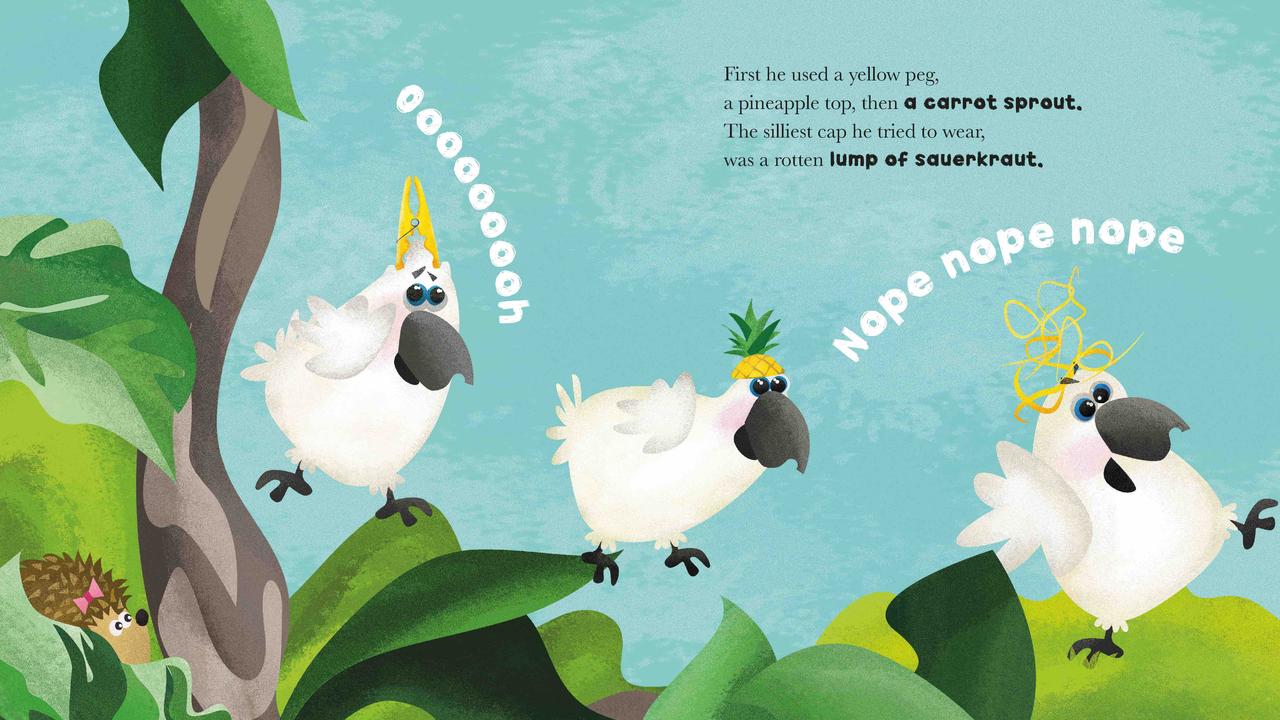
A desire to help children accept and embrace their points of difference has inspired a new series of Australian children’s picture books that use tales of quirky birds to convey an important message.
In one story, Leggy Peggy, the toucan who can’t … until she cancan*, an unusually tall toucan learns that, even though she can’t do everything a regular toucan can, her long legs mean she can rock the stage as a cancan dancer.
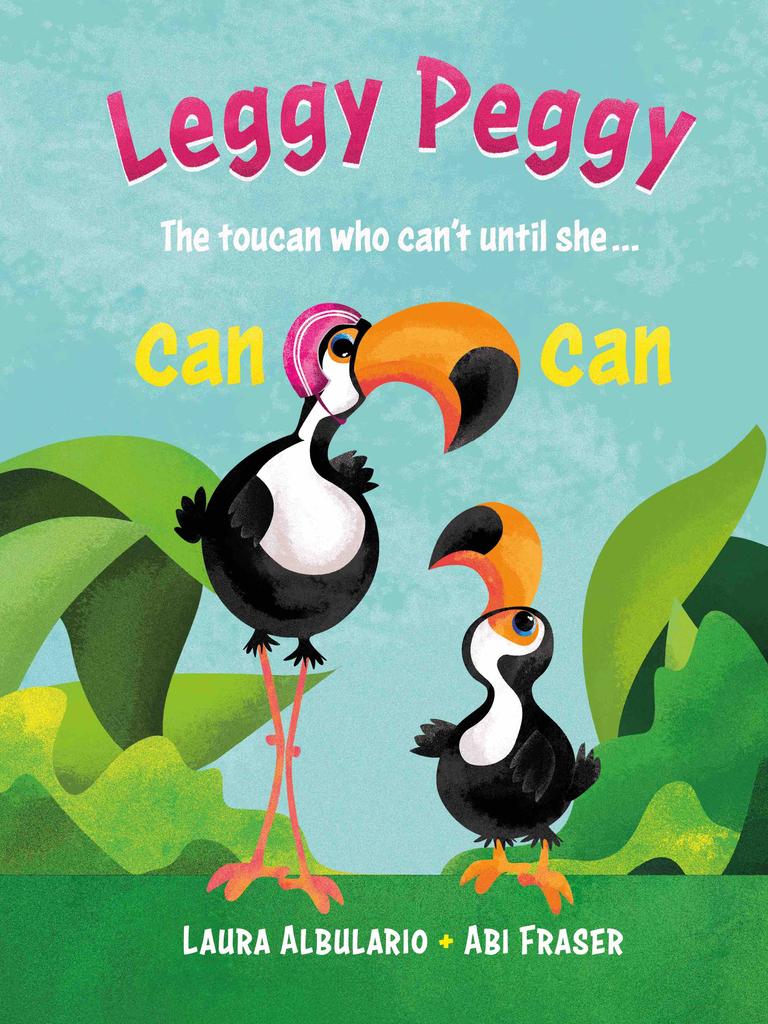
The story is close to home for its illustrator, Abi Fraser, who remembers towering over the other children in her class, and for author Laura Albulario, a first-generation Australian. “These days, we’re all a lot better at celebrating diversity* in our community, but kids are still under immense* pressure to conform* – particularly when they’re bombarded by unrealistic images in social media,” Ms Albulario said.
The duo’s second book, Norman Blue, I’m a Cocky Too, follows a loveable but misguided* cockatoo as he tries – and fails – to fit in with his cheeky flock.
“We hope children will be able to relate to our characters, and find joy and courage in their uniqueness,” Ms Albulario said.
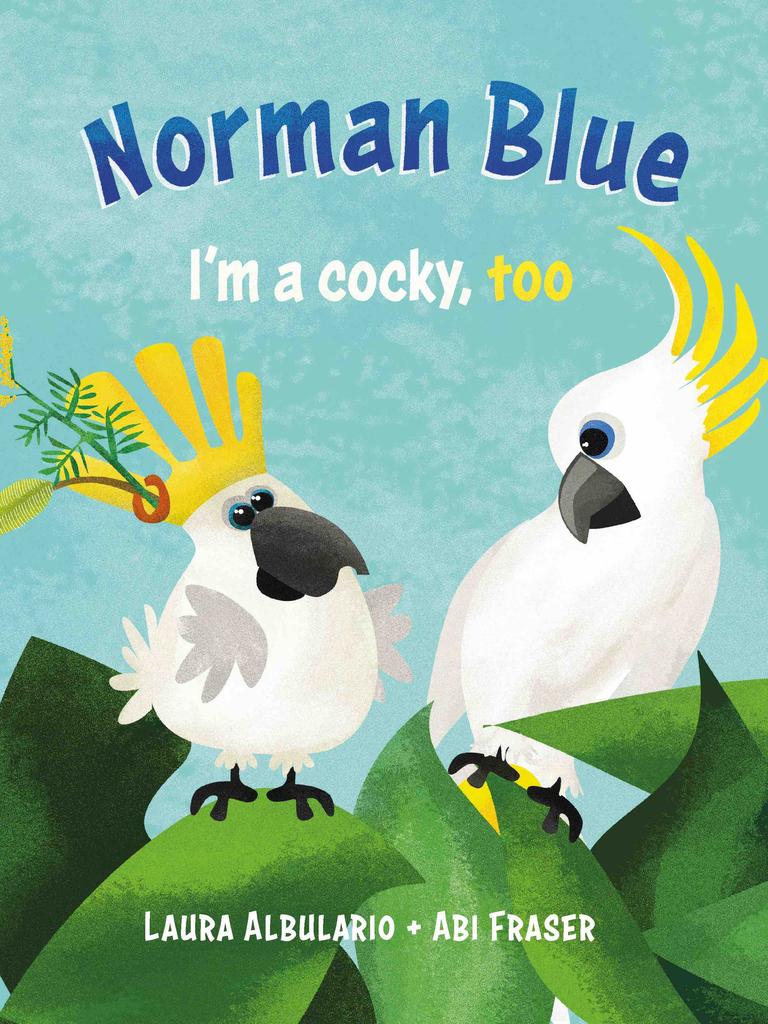
Feeling like the odd one out? Here are some tips to help:
1. Find a useful task
If a lack of sporting ability has you feeling sidelined, try other ways to get involved. “It can make children feel really vulnerable* having to participate in carnivals when they can’t keep up, but they could put their hand up to be a timekeeper, or for some other kind of job,” Dr O’Brien suggested.
2. Is there a quick fix?
Learning to accept your points of difference is important, but according to Dr O’Brien, it’s OK to make small changes to fit in. “There might be a quick fix – a different hat, a different pair of socks – that makes things easier,” she said.
3. Discover your niche*
Speak to teachers about lunchtime clubs that could help you connect with children who have similar interests. “At around 10 years old we’ll often find kids start showing an interest in lunchtime clubs if they’re not interested in things like handball,” Dr O’Brien said. “They might find their niche in more structured, supportive small group activities like a chess club.”
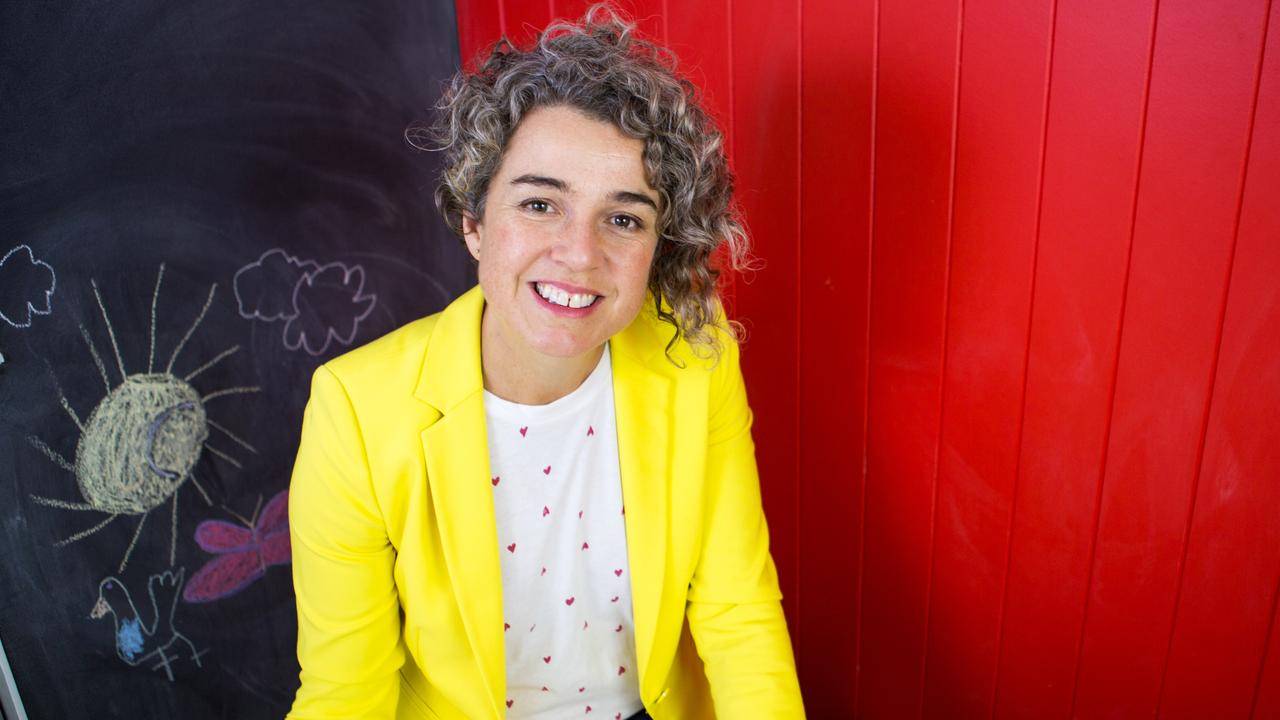
4. Join the community
Whether it’s volunteering to weed the school gardens, seeing mum or dad in the canteen or helping at a fundraising barbecue, getting involved in the school community, particularly as a family, can support a feeling of belonging. “It can give kids something to talk about and make them feel like they’re in the loop,” Dr O’Brien said.
More: quirkykid.com.au
Leggy Peggy, the toucan who can’t … until she cancan and Norman Blue, I’m a Cocky Too, by Laura Albulario and Abi Fraser, are available now from bookstores and online.
GLOSSARY
- donning: putting on, wearing
- psychologist: someone who studies the human mind and tries to explain why people behave the way they do
- daunting: making somebody feel nervous and less confident about doing something
- social anxieties: fears experienced in social situations, such as being at school and around other people
- attuned: aware of, able to recognise
- cancan: a French dance that involves kicking your legs up high
- diversity: having many different types
- immense: very great in size or degree
- conform: behave according to a group’s usual standards and expectations
- misguided: having or showing faulty judgment or reasoning
- vulnerable: at risk of harm
- niche: a job, position or place that is very suitable for someone
EXTRA READING
Sleep app boosts teen mental health
Schools sue tech giants over social media harm
QUICK QUIZ
- Name two reasons kids might feel different.
- When can differences feel most daunting for kids, according to Dr Kimberley O’Brien?
- What is the name of the book about the unusually tall toucan?
- Why does the book’s illustrator, Abi Fraser, relate to this story?
- What does the book’s author, Laura Albulario, believe is adding to the pressure on kids to conform?
LISTEN TO THIS STORY
CLASSROOM ACTIVITIES
1. Two more tips
Can you think of two more tips that might help other kids when they feel like the odd one out? Write them down.
Time: allow 15 minutes to complete this activity
Curriculum Links: English, Health and Physical Education, Personal and Social Capability
2. Extension
Imagine that there will be a special Quirky Kid Day. How do you think your school could celebrate this day? Create a list and description of fun activities that could help all of the kids at your school learn that it’s OK to be unique.
Time: allow 30 minutes to complete this activity
Curriculum Links: English, Health and Physical Education, Personal and Social Capability
VCOP ACTIVITY
Celebrate your uniqueness
How boring would life be if we were all the same. We might as well be robots.
But it doesn’t always feel good to be different. So let’s make sure we celebrate what makes us unique. Are you good at sport? Do you have different coloured skin/hair/eyes to your classmates? Is your family different to most other families? Are you really good at art and craft? Do you love maths or writing? Or maybe you’re taller or shorter than most others.
Differences aren’t always visible, so if you don’t share them others won’t know how amazing you are.
Write a short description about what makes you unique and should be celebrated, not hidden.
Don’t forget to re-read your work. Then use your VCOP skills to edit and up-level your writing.

